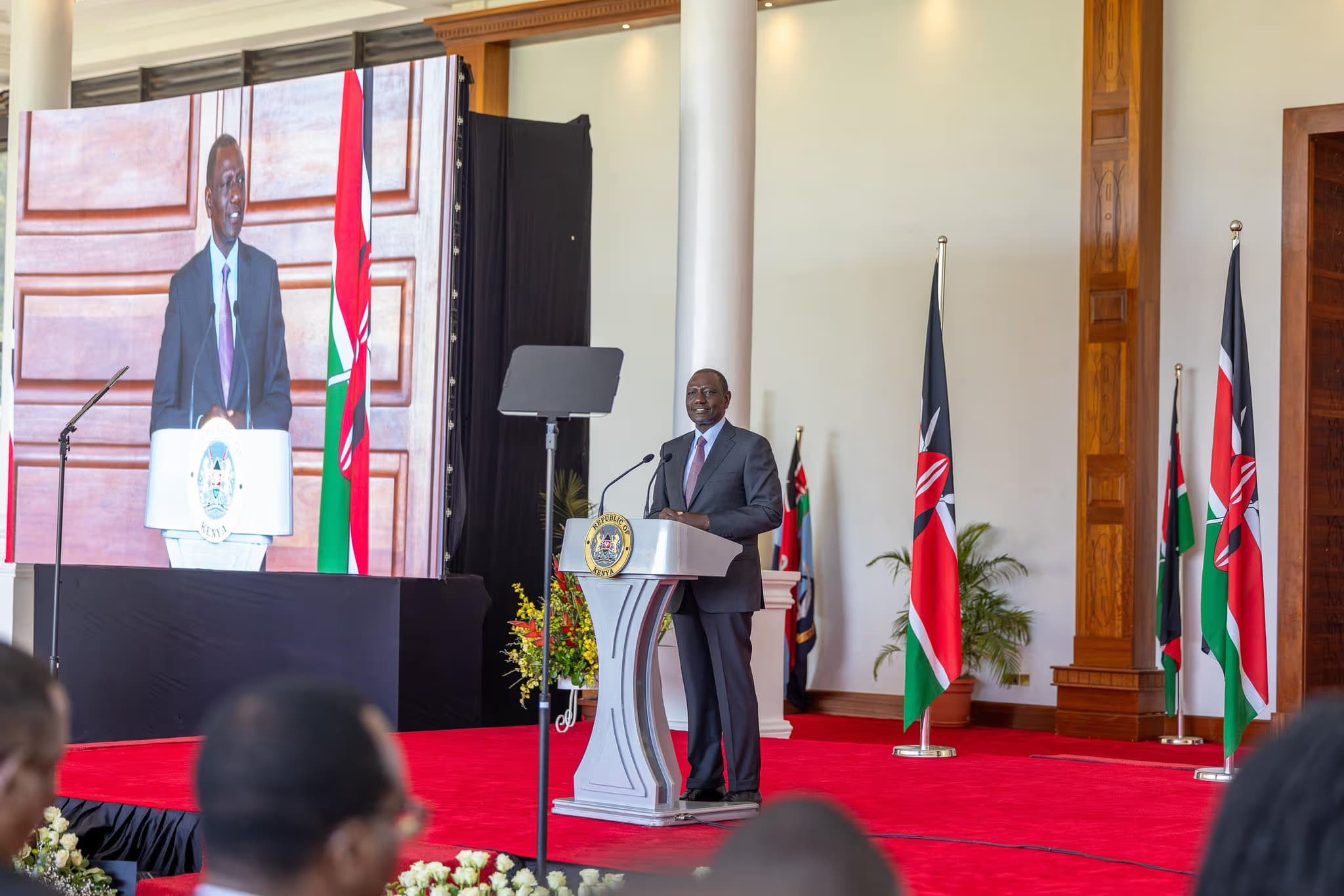We're loading the full news article for you. This includes the article content, images, author information, and related articles.
Facing escalating droughts and floods, Kenya and East African nations are pushing for concrete financial commitments in Brazil, arguing that historical polluters must fund the region's climate adaptation and resilience.

As the 30th UN Climate Change Conference (COP30) convenes in Belém, Brazil, from Friday, 7th November to Friday, 21st November 2025 (EAT), Kenya is spearheading a unified East African demand for substantial climate finance, framing it as a matter of fundamental justice. The region, which contributes a negligible fraction of global greenhouse gas emissions, finds itself on the frontline of a crisis it did not create, battling severe and increasingly frequent climate shocks that threaten millions of lives and national economies.
The urgency of this demand is underscored by recent climate-related disasters in Kenya. A report on the state of the climate published in March 2025 revealed the devastating scale of recent events. The March to May 2024 long rains led to widespread flooding that affected over 100,000 households and caused damages exceeding KSh 400 million in coastal regions alone. Conversely, the failure of the short rains in late 2024 led to a sharp deterioration in food security, with the number of people facing acute food insecurity rising to 2.15 million by February 2025. A 2025 study confirmed that climate change is having a direct negative impact on Kenya's agricultural sector, the backbone of its economy.
In the lead-up to the summit, Kenya submitted its second Nationally Determined Contribution (NDC) to the UNFCCC on 30th April 2025, outlining an ambitious plan to reduce its greenhouse gas emissions by 35% by 2035 compared to a business-as-usual scenario. However, this commitment is heavily dependent on international support. The government has stated that 80% of this target is conditional on receiving external finance, technology transfer, and capacity building.
The total estimated cost for implementing these mitigation and adaptation measures is a staggering USD 56 billion (approximately KES 7 trillion) over the five-year period from 2031 to 2035. Kenya has committed to financing about 19-20% of this cost from domestic resources. In her announcement, Cabinet Secretary for Environment, Climate Change, and Forestry, Dr. Deborah M. Barasa, described the NDC as Kenya's "blueprint for building a resilient society where livelihoods, communities, and ecosystems thrive despite the climate crisis."
Kenya's position is amplified by a broader regional strategy. The East African Community (EAC) has been working to forge a unified negotiating stance to ensure its collective needs are addressed. During a regional experts' meeting in Entebbe, Uganda, from 28th to 30th July 2025, EAC Deputy Secretary General Andrea Ariik Malueth stressed the importance of a harmonized message. "The East African region is highly vulnerable to the impacts of climate change, including droughts, floods, and food insecurity," Malueth stated. "A coordinated and well-articulated message will amplify our voice and ensure that the needs of our communities are heard and addressed at COP30."
This collective push is part of a continent-wide demand for a fundamental shift in the global climate finance architecture. African negotiators are insisting that financial support must be delivered primarily as grants, not loans, to avoid exacerbating the already significant debt burdens faced by many nations.
At the heart of the COP30 negotiations is the concept of "climate justice"—the principle that wealthy nations with the greatest historical responsibility for emissions have an obligation to help developing nations cope with the consequences. The African Group of Negotiators (AGN) is pushing for the operationalization of the Loss and Damage Fund and for developed countries to meet their financial obligations under the Paris Agreement.
A key point of contention is the "Baku to Belém Roadmap," a plan to mobilize at least USD 1.3 trillion annually in climate finance for developing countries by 2035. This figure, first proposed by the African Group, is seen as a more realistic assessment of the needs compared to the USD 300 billion in public funds agreed upon at COP29, which many developing nations found deeply inadequate. African leaders are demanding a clear, transparent, and enforceable framework to ensure these financial commitments are met and that funds reach the communities most affected by climate change. As negotiations in Belém unfold, the success of the summit for Kenya and its allies will be measured not by promises, but by the establishment of concrete financial mechanisms that can deliver climate justice and secure a sustainable future for the region.
Keep the conversation in one place—threads here stay linked to the story and in the forums.
Sign in to start a discussion
Start a conversation about this story and keep it linked here.
Other hot threads
E-sports and Gaming Community in Kenya
Active 9 months ago
The Role of Technology in Modern Agriculture (AgriTech)
Active 9 months ago
Popular Recreational Activities Across Counties
Active 9 months ago
Investing in Youth Sports Development Programs
Active 9 months ago